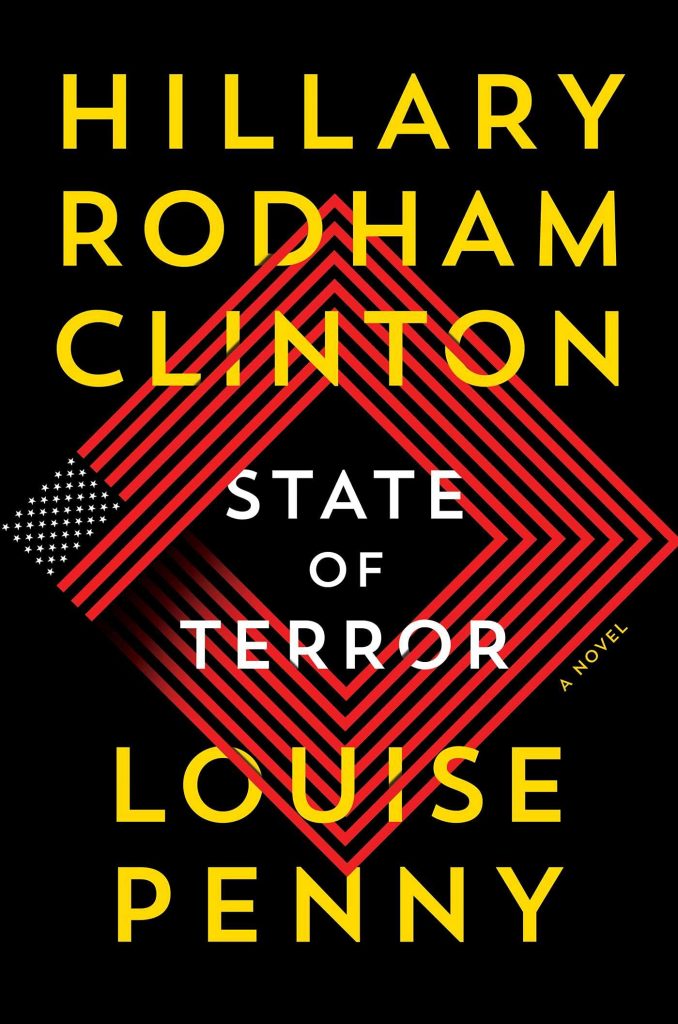
A recently executed body shows up on a beach in Norfolk, Virginia, home to military bases and private military contractors. As the police and a local newspaper reporter investigate, both the murderee and murderer are enveloped in a secret world of caught up in black-ops and shady deals being made between politicians in D.C. and private companies to whom the U.S. government is outsourcing its 2004 nwar in Iraq. The coded language used by police and military personnel feel like they are being recorded without translation and their authenticity is appealing. Likewise, the hunt for the killers is genuinely suspenseful
Readers tend to love or hate Kevin Powers’ writring style (Check out the entry on Powers in Wikipedia to see what reviewers thought of his first book on the Iraq War.) The New York Times review loved A Line in the Sand:
First and foremost, “A Line in the Sand” is a stunning novel. Kevin Powers provides what any discerning reader desires the most — complex and flawed characters, precise use of language, succinct description and believable dialogue.
I put myself in the not-so-impressed with Powers camp. His characters all have names like Tim, Sally, and John and his dialogue carries the same lack of originality, in my opinion. His characters are simple and inconsistent. Sally, the reporter, is a hopeless alcoholic mourning the loss of her brother in the Iraq war. She starts drinking when her morning alarm rings and continues on her way to work in the morning. She is prone to inconsolable crying. Once her editor gives her free reign to investigate the murder case, however, she doesn’t remember to drink a drop of alcohol for the remaining 80 percent of the book. As Dave Eggers said about Powers writing, he never misses an opportunity to insert an adjective. Characters don’t just look up in exasperation, they look up at the sky. Usually they look up at a blue sky in exasperation. I found myself doing the same.





